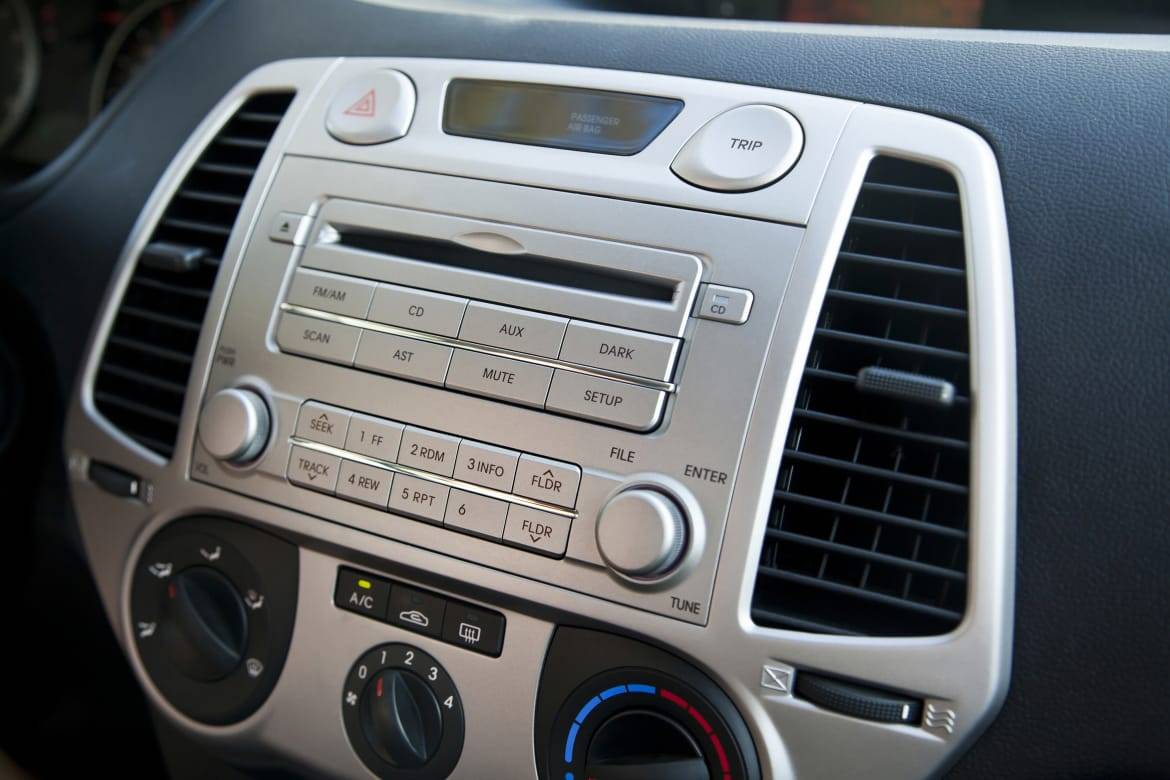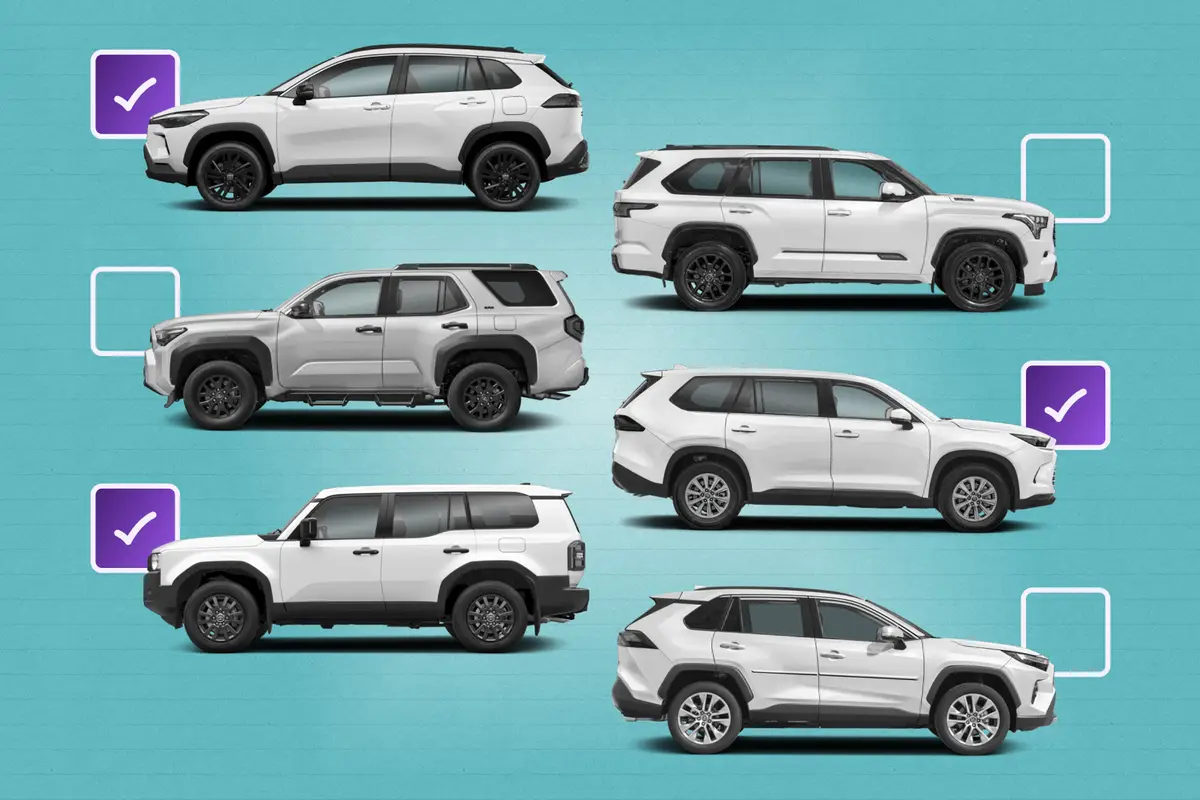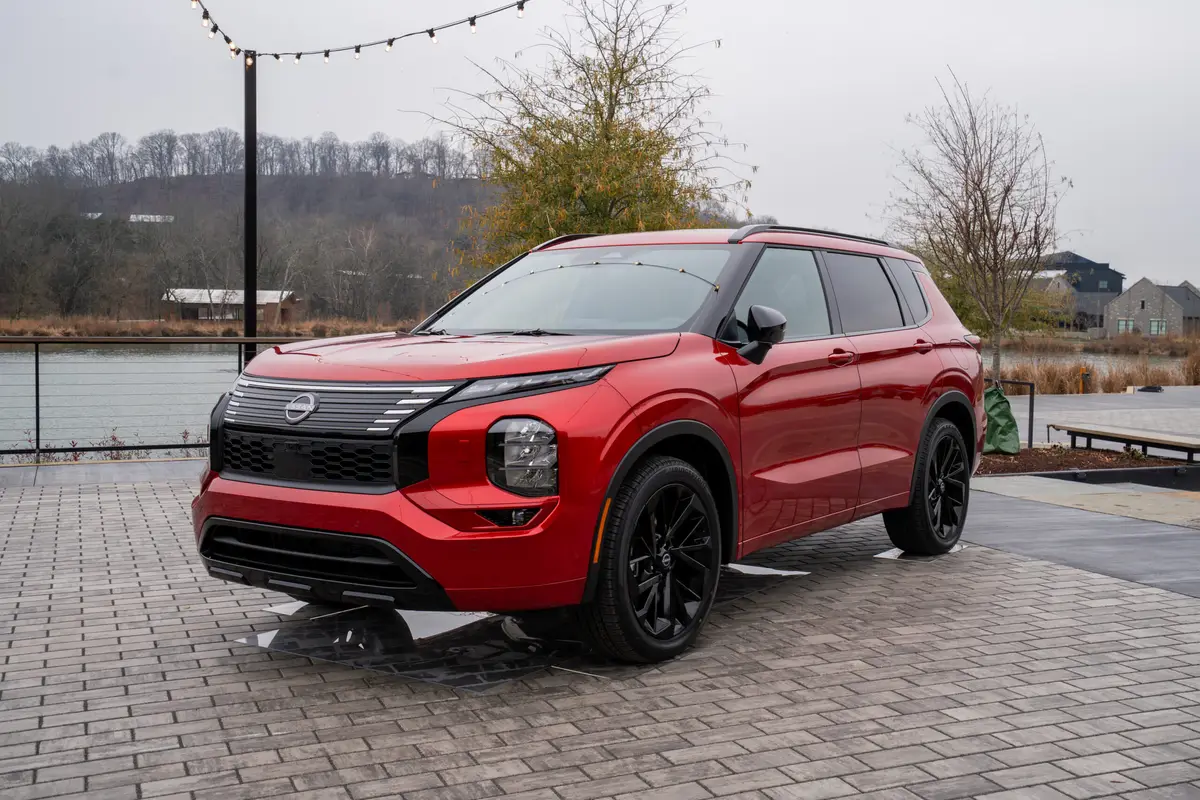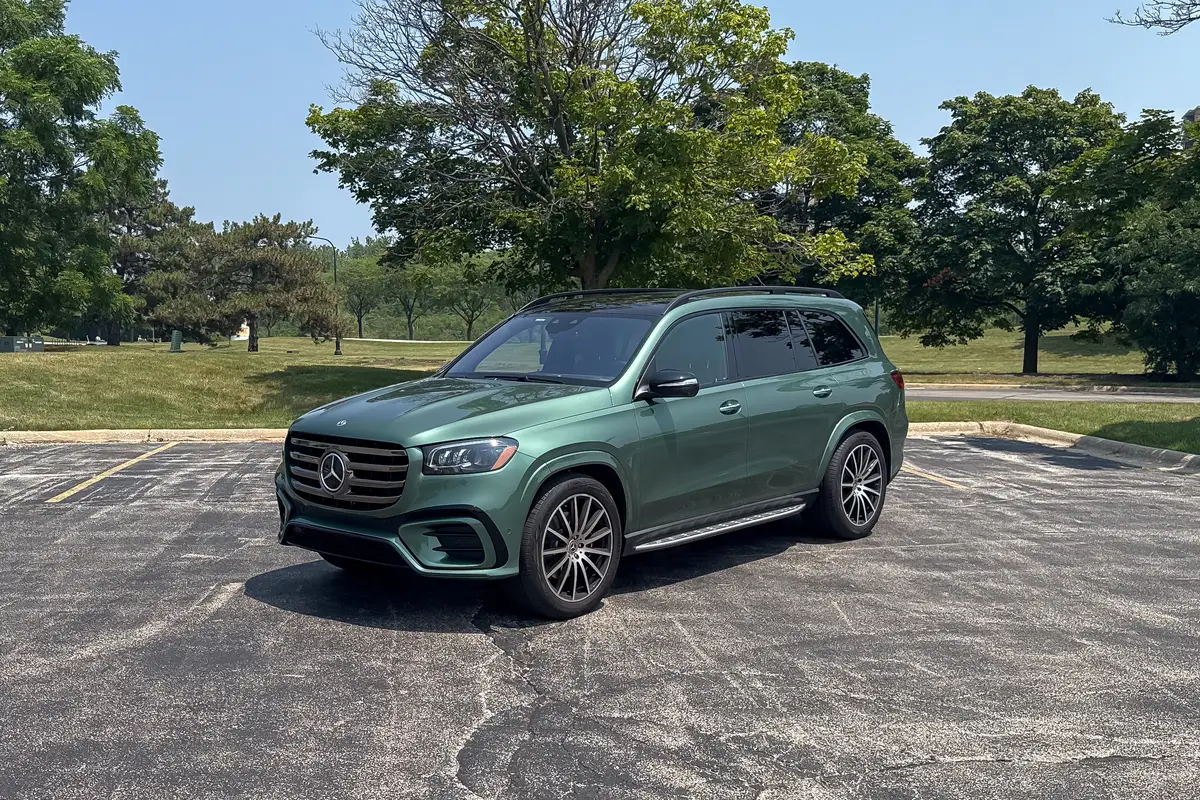Car CD Players Not Played Out for Shoppers


CARS.COM — Don’t throw that compact disc into the dustbin of history just yet. (But fax machines, wood-paneled basements and “Jersey Shore” can stay there.) Seven in 10 car shoppers still want a CD player as part of the electronics that comprise their car stereo, according to a new survey of in-market consumers by IHS Markit. And of that subset, 75 percent think a CD player should be standard in a car.
Related: Tech-Free Travel: Road-Trip Games, No Screen Necessary
It comes as more cars ditch the optical drives necessary for CDs — a trend you also see among laptop computers, too. But “most people still want it, even though we’re moving away from that,” IHS Markit auto analyst Colin Bird said. Audiophiles complain of the quality lost in compression for internet-streamed music, and such formats can put a premium stereo’s capabilities to waste — especially in a car where it has to compete with vehicle and road noise.
CD holdouts include “a subset of more audio-centric or audiophile consumers,” Bird said, but also folks who “invested a lot of money in their CD library.”
Instead of CD players, more vehicles are relying on AM/FM radio, satellite radio services like Sirius and XM, Bluetooth streaming audio, and auxiliary audio jacks or in-car USB ports to plug in a smartphone or audio device. Radio services can have annoying commercials or reception issues, and while many new cars come with a free satellite radio trial period eventually there is a monthly fee to continue using the service. Auxiliary ports, Bluetooth and USB ports all rely on either the aforementioned streaming services or a device that might not be capable of holding an amount of audio files in MP3 or other formats equivalent to an owner’s treasured collection of CDs.
CD players aren’t the only technology shoppers still want. IHS found 4 in 5 consumers still want the venerable in-dash navigation system. That’s despite 85 percent of respondents saying they own smartphones and 83 percent of that group saying they use those phones to navigate while they drive. (Smartphone connectivity and battery life are apparently high on consumers’ minds: Seven in 10 want wireless charging, while about two-thirds want in-car Wi-Fi, IHS says.)
Of the 80 percent who want an in-dash navigation system in their car, the most-wanted features include real-time traffic (47 percent), dynamic routing (37 percent) and wirelessly updated maps (34 percent), the firm says. These features mimic the features available on a smartphone or tablet navigation app. They are also not compatible with the chief advantage of in-dash navigation: the ability to use it even in areas without cellular or wifi service, which can render an app useless.
Amid the proliferation of tablet computers, 45 percent of respondents want rear-seat entertainment systems in their car — a small portion, Bird said, as many people don’t need it. But for those who do, it’s worth a lot. IHS found U.S. shoppers who wanted a rear-seat entertainment system were willing to fork over $640 on average to have a new car equipped with one; that’s the most for any global region the firm surveyed. Shoppers in the U.K. and China, by contrast, valued rear entertainment for their cars at just US$388.
“While there’s a low amount of total respondents that thought it was desirable,” Bird said, “there’s a subsection of them that are willing to pay extra for it.”
Cars.com’s Editorial department is your source for automotive news and reviews. In line with Cars.com’s long-standing ethics policy, editors and reviewers don’t accept gifts or free trips from automakers. The Editorial department is independent of Cars.com’s advertising, sales and sponsored content departments.

Former Assistant Managing Editor-News Kelsey Mays likes quality, reliability, safety and practicality. But he also likes a fair price.
Featured stories



